Free Reading Worksheets for Beginning Readers
Use these free reading worksheets to help you get involved with your child’s education. Worksheets are one of many tools available that can help you teach your kids to read. Make it a fun time and personalize the sheets to your child’s interests.
Teaching phonics...Read More...
Reading motivation...Read More...
Preschool reading...Read More...
Does Your Child......
- Does your kid like to color and use bold colors? Find colored pencils and pens to make using these worksheets more fun.
- Does your child’s confidence need boosting? Hang up some of the worksheets in a prominent place in your home.
- Does your child thrive when you spend quality time together? Do the worksheets together.
- Is your child a "hands on" learner? Words alone don't teach. It's always more effective for your kids to actually dig in and practice what you are teaching. These worksheets are a great way to practice the lessons they are learning.
As a parent, you know your children better than anyone. Exposing
your kids to a wide variety of learning tools will help you determine
which methods are most effective in helping them learn better.
Worksheets
are a great learning tool, but make sure to keep learning sessions
short and fun so your kids will always look forward to learning. Using
the reading worksheets should never seem like a chore.
Reading
worksheets can be fun as well as educational. Here are some free
reading worksheets to help your beginning readers. You can use these or
create your own.
Click on the links below to download or print your worksheets.
Enjoy!
Free Reading Worksheets Below
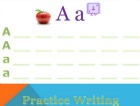
Practice the writing the different letters of the alphabet in both lower and upper case.
Learn the vowels and all the sounds they make
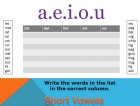
Identify all the different vowel sounds. This one is fun and challenging for your beginning readers.
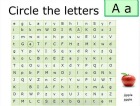
Young Reader Good Idea
It is a good idea to have a good variety of books that have an interesting varied vocabulary that suite your child's development, and then take some time, each day to read to your child.
When you read, pause and ask questions or make comments about the pictures and the things that happen in the book, and just as importantly, listen to your child's answers.
When you ask a question, make it open-ended not a question that only requires a yes or no answer, this will help your child express their thoughts and feeling.
If the book has illustrations, talk to your preschooler about the pictures. Ask them to point out color, shapes and sizes, or possibly numbers of things and the characters in the story.
Music is another great tool for developing preschool language, as it uses repetition, which as we all know, is the mother of all skill.
When it comes to music, make sure that the songs your preschooler is listening to uses clear, well pronounced language that avoids shortened or slang words and phrases.
More Reading Pages To Explore
To Help Busy Mums and Dads Here Are Some Related Shopping Items
When you purchase from this link, you are actually purchasing from Amazon.com, and you can have peace of mind that your order will be processed by Amazon’s secure order server.
Other Pages For You
Home l Toddler Food Tips l Fathers Day Crafts l Best Toddler Books l Toddler Parenting Books l Mothers Day Crafts l Toddler Puppet Craft l Toddler Travel Games l Toddler Party Games l Toddler Educational Toys l Toddler Toys Storage Tips l Disney Coloring Pages l Animal Coloring Pages l Dog Coloring Pages l Bible Coloring Pages l Circus Coloring Pages l Toddler Interest Books l Toddler Painting Crafts l Toddler Craft Books l Toddler Painting Tips l Egg Carton Worm l Sock Worm Craft l Toilet Roll Butterfly l Grape Printing Craft l Sea Anenome Craft l Toddler Box Crafts l Toddler Housekeeping Play l Seasons Crafts l Baby Activities l Preschool Science Actvities l Preschool Math Activities l Preschool Alphabet Activities l Preschool Cooking Activities l Toddler Educational Toys l Toddler Routine Book Craft l Toddler Action Songs l Musical Shaker Craft l

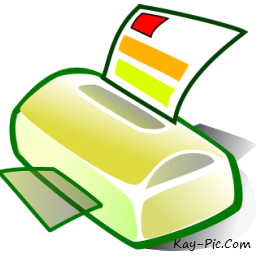

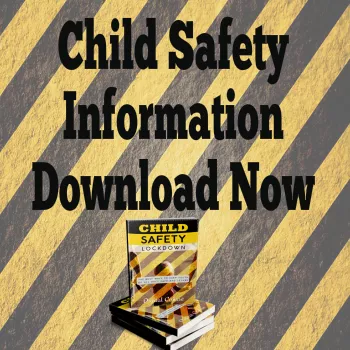
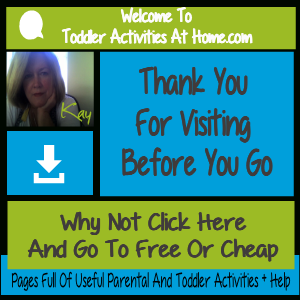

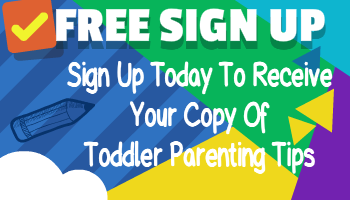
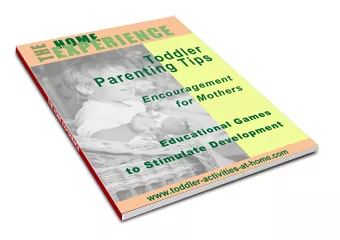



New! Comments
Have your say about what you just read! Leave me a comment in the box below.